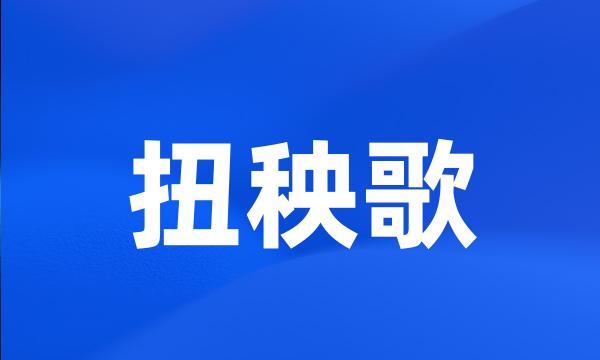扭秧歌
- do the yangko dance
 扭秧歌
扭秧歌-
[do the yangko dance] 指跳秧歌舞(因跳此舞时身体扭动大)
-
在春节和元宵节期间,山西省北部的年轻村民们都喜欢扭秧歌,跳腰鼓舞,欢度佳节。
And Lantern Festival , young villagers in northern Shanxi Province always do the Yangko dance and waist drum .
-
扭秧歌是欢度节日的必备节目。
Yang-ge dancing is a necessity of celebrating holidays .
-
整个人物的动作也很有趣,像是扭秧歌。
She loves singing , dancing , drawing and all other interesting things .
-
既有球类、体操等近代新兴项目,也有打腰鼓、扭秧歌等传统体育项目。
New Modern both ball games , gymnastics , playing drum , dancing and other traditional sports .
-
说明扭秧歌运动不但可以娱乐,同时对中老年女性心肺功能的改善具有积极的作用。
Do the Yangko sport not only can amuse , but also can improve the function of heart and lungs of middle ? aged and old women .
-
还有一个给我印象深刻的情景是,那些衣着鲜艳的老太太锣鼓喧天地扭秧歌。她们高涨的情绪非常具有感染力。
Another sight that impresses me greatly is to watch those colorfully dressed elderly ladies doing the yangge dance to the loud rhythmic music of cymbals and drums .
-
扭秧歌无需特定的舞伴,只要绕着圈,或是组成类似康茄舞的队形就可以扭起来。小学生们放学后,也常常一路扭着秧歌回家。
The Yangko was danced without any specific partner , either in a circle or in a kind of conga line which primary-school boys and girls often formed on the street as they came home from school .
-
元宵节的白天会有舞龙舞狮、划旱船、扭秧歌、踩高跷。
In the daytime of the Festival , performances such as a dragon lantern dance , a lion dance , a land boat dance , a yangge dance , walking on stilts and beating drums while dancing will be staged .
